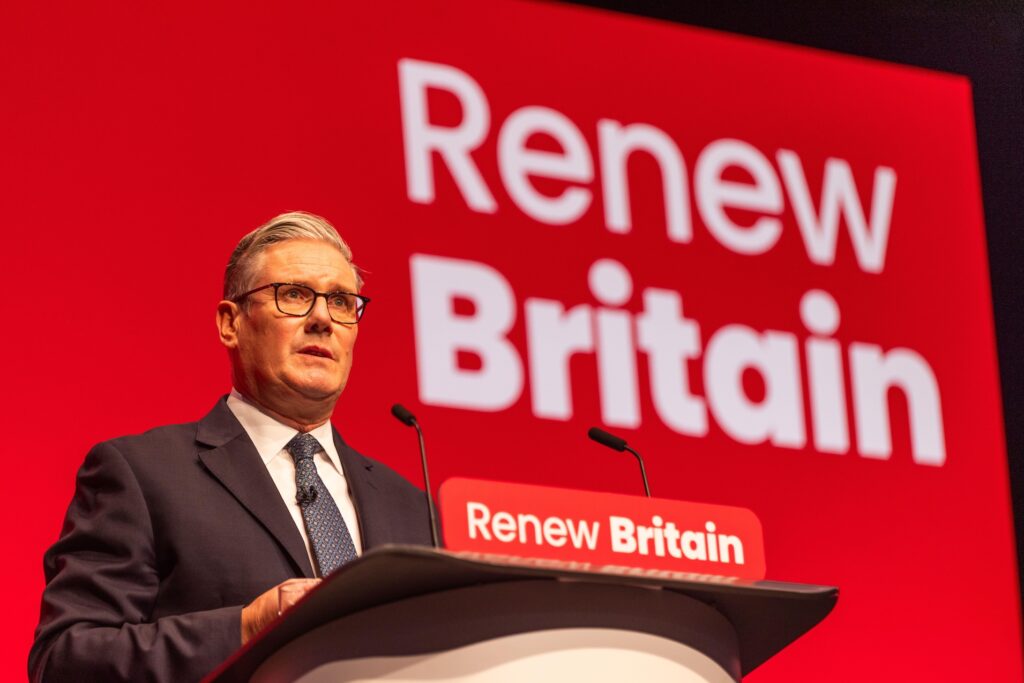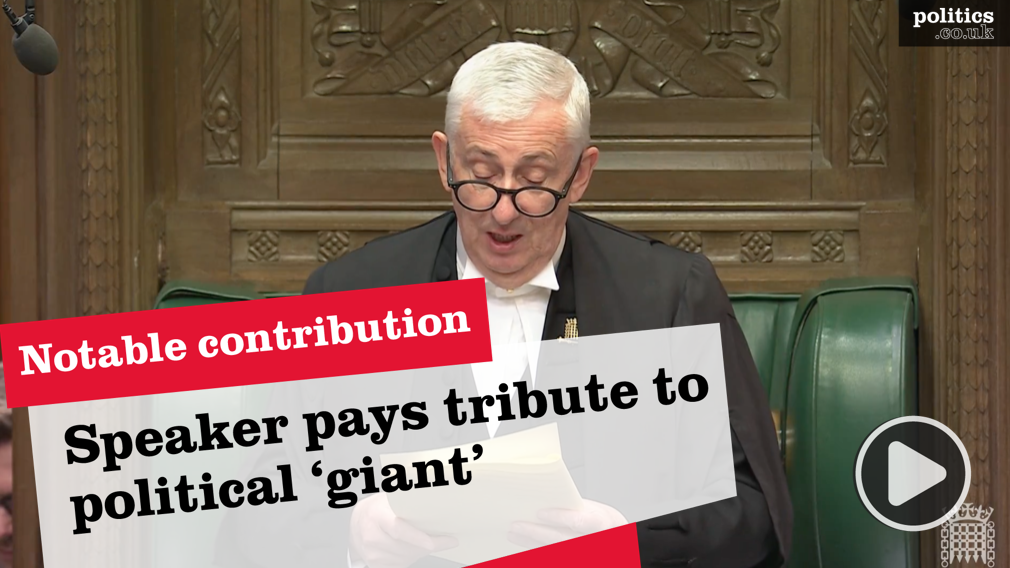Comment: G4S and the myth of an efficient private sector
By Dr Matthew Ashton
John Ruskin once said: "There is hardly anything in the world that some man cannot make a little worse and sell a little cheaper, and the people who consider price only are this man's lawful prey". Now I think everyone from time to time has paid rock bottom prices for something, and received terrible service as a result. We either knew this going in, and it's an acceptable trade off, or we learn from our mistakes and vow not to repeat them.
Governments seem to have a variation on this problem though. There have been numerous examples over the last few decades of them buying goods and services from outside companies that later turned out to be sub-standard at best. However instead of paying the minimum amount, those in power seem to have gone out of their way to throw money at them. It's a bit like a member of the public trying to spend £100 on a McDonalds cheeseburger.
The latest case is the Olympic security scandal. Apparently G4S only discovered a few days ago that they weren't going to be able to meet their commitments to provide security staff for the games. Whatever excuses they might offer up in public, there's no getting away from the fact that they've had over two years to prepare and plan. Only discovering their inability to deliver three weeks before the games are due to start is incompetence on an astonishing scale.


There has obviously been a huge failure in terms of oversight and management, both by the company and the government. If it weren't for the army being able to step in at short notice, the entire event could have become a complete shambles (it still might). Once the games are over there clearly needs to be an inquiry into what went wrong. Questions should be asked about how the contract was awarded, especially considering G4S's failures on other occasions when they've been hired to provide security. The biggest question that needs to be asked though is, if the army does do a fantastic job in providing security, and the games go off without a hitch, why weren't they more involved in the process right from the beginning?
I strongly suspect this is because of a piece of received wisdom that governments now routinely quote as fact, that whatever the public sector or the state can do, the private sector must be able to do better. This seems to be a case of that if something is said enough times then eventually it becomes accepted as an unquestioned truth. Certainly no one in government seems brave enough to stand up and query it.
Now this isn't a black and white argument where public sector always equals good and private sector equals bad, any more than the reverse is true. It's just that over the last three decades governments have been falling over themselves to transfer more and more services and industries to the private sector on the grounds that they'll deliver them more cheaply and efficiently. Almost all of the available anecdotal and academic evidence suggests that this simply isn't true.
For instance, we're repeatedly told that having more private companies involved saves on government spending. But look at the amount of money we still pour into the railways to subsidise them. The same goes for nuclear power and a host of other industries. Another example is the PFI fiasco that ultimately is going to cost the public a fortune. Again and again governments get the private sector involved because they argue they'll provide a better service for less money. Repeatedly the government has to step in to either bail them out, or take over aspects of the services themselves.
Then there is the argument that private companies have to be more efficient and provide better services because they depend on consumer loyalty to stay in business. This might work in some areas but it isn't always the case. For instance I know lot of people who complain about the appalling service they've had on certain low budget airlines, but keep using them because they're so cheap.
In the case of government it's ever worse. Either they hand out five or ten year contracts that are almost impossible to break, or they discover that there are so few companies bidding that they end up giving it to the same people regardless of the past quality of their services. I'm willing to bet that even after making a complete hash of the Olympic games job, G4S will continue to win government contracts in the future, with some spurious reason being offered up as to why this time it'll be different.
I'm not saying that private sector involvement in providing public sector services is necessarily a bad thing. There are some things the private sector does very well. However, like with almost anything in life, it requires a lot of thought and careful planning. For far too long governments seem to have been acting on the autopilot assumption that "the private sector is always more efficient, therefore if we give them the contract they'll have to do a better job than we ever could". The G4S example, along with many others, suggests that without proper planning and oversight, private companies will do just as bad a job as anyone else.
The ultimate irony of course is that even as government throws money at the private sector, they've been making huge cuts to military numbers. Now they're having to rely on these same people to step into the breach at short notice. I know shame is in short supply these days, but if I was in government, I'd certainly be feeling it right now.
Dr Matthew Ashton is a politics lecturer at Nottingham Trent University. Visit his blog.
The opinions in politics.co.uk's Comment and Analysis section are those of the author and are no reflection of the views of the website or its owners.












